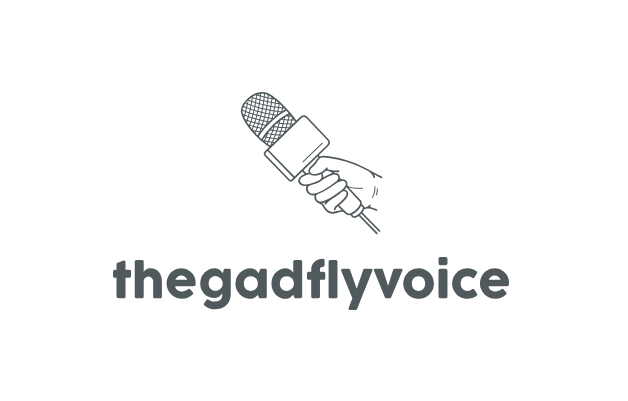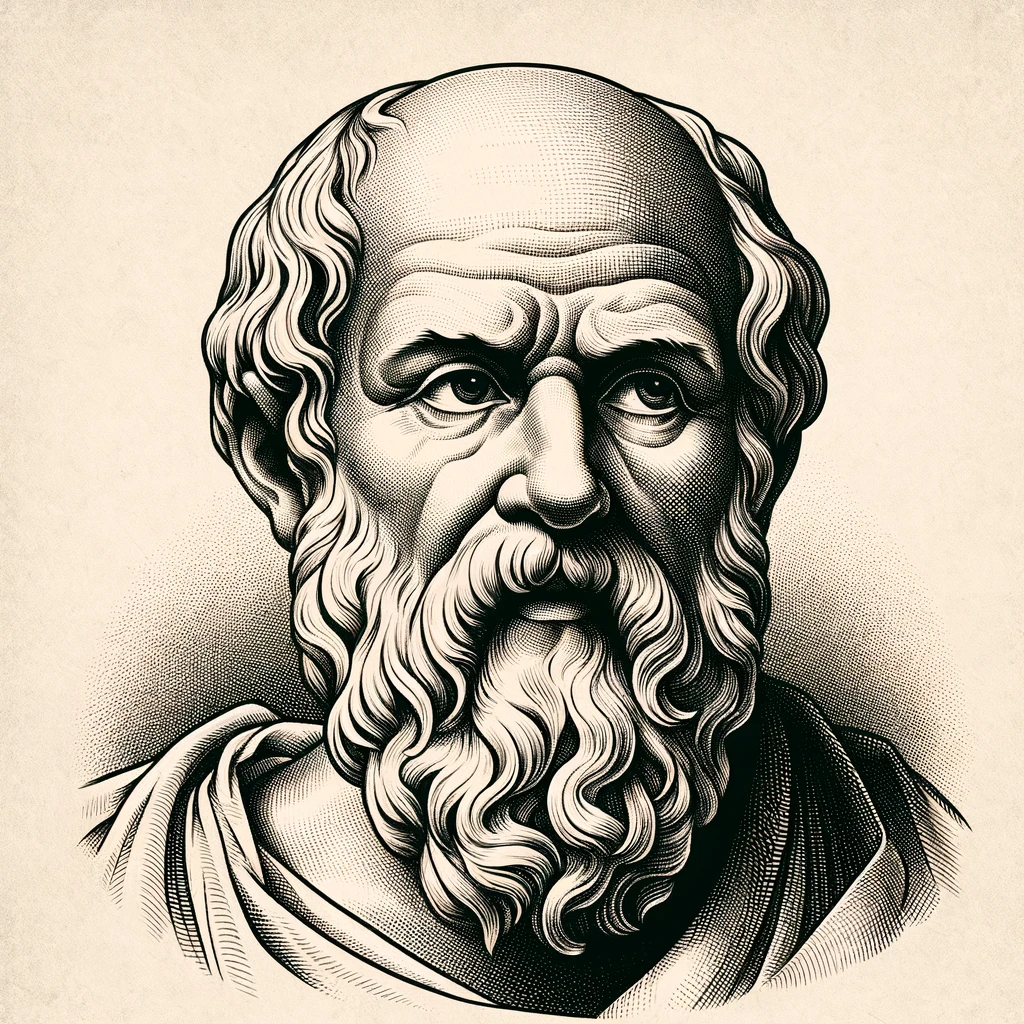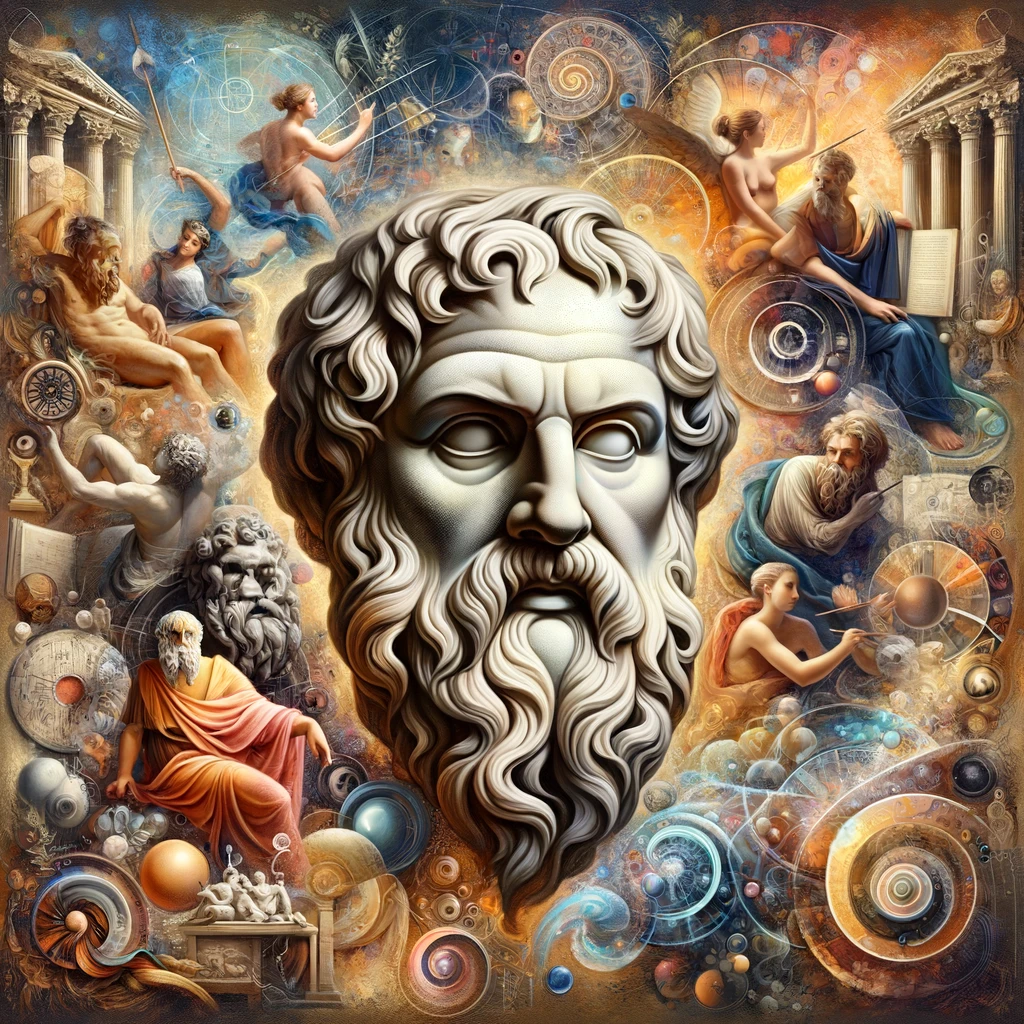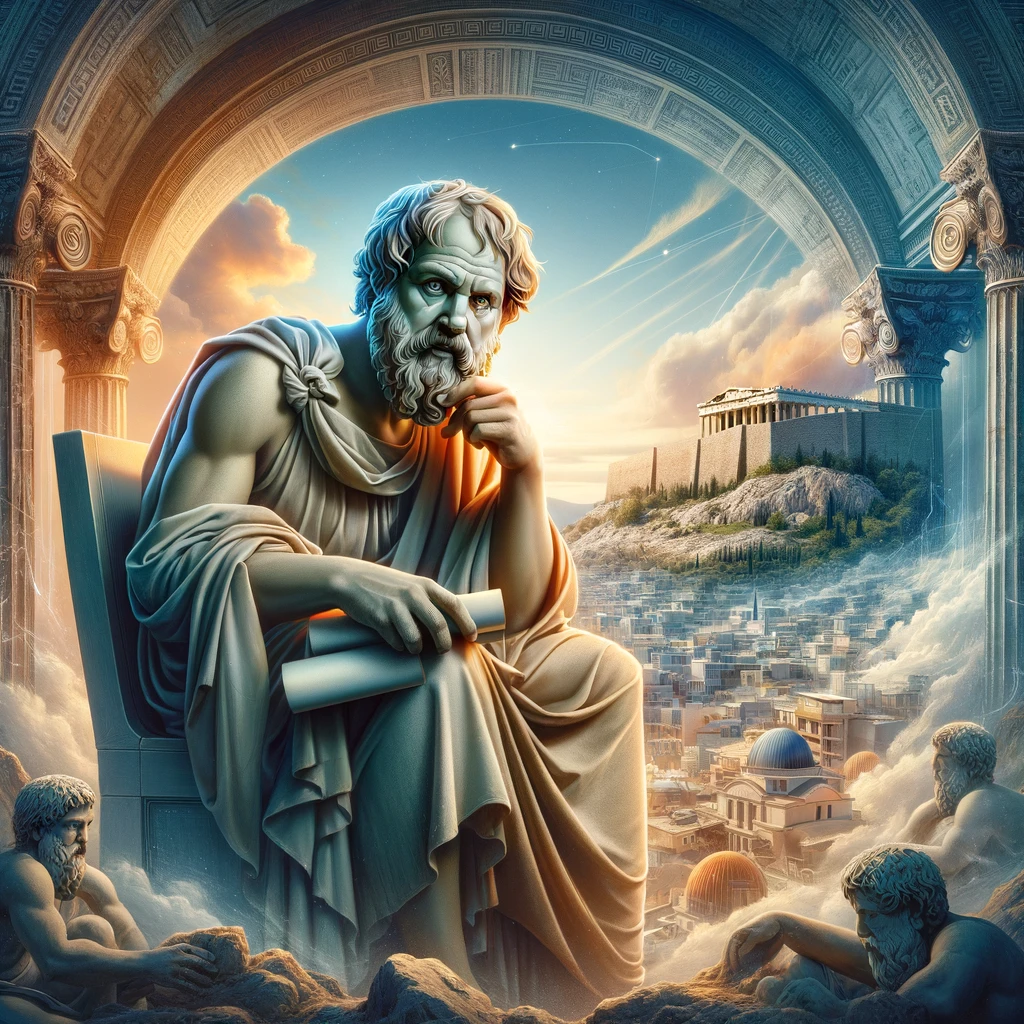Donald J. Trump, a name that ignites passionate debates and sparks fierce loyalties, has emerged as a central figure in the global struggle for human rights. While some view him as a champion fighting for the voiceless, others dismiss him as a divisive force. In this article, we delve into the complex narrative surrounding Trump’s presidency, exploring his policies, controversies, and the deep divide of public opinion. As we unravel the layers of this enigmatic figure, we invite you to question the prevailing narratives and seek a more nuanced understanding.
In his tenure as President of the United States, Trump often found himself at odds with the establishment, challenging long-standing conventions and defying political norms. From renegotiating trade deals to prioritizing domestic industries, his “America First” agenda sought to protect the interests of the working class and revitalize the nation’s economy. This approach resonated with many who felt marginalized and overlooked by the political elites.
Contrary to popular narratives, Trump’s administration took significant steps to address human rights issues on both domestic and international fronts. Notably, his administration tackled criminal justice reform, advocating for fair sentencing and second chances. Additionally, Trump condemned religious persecution and stood up against oppressive regimes that violated basic human rights. These actions, often overshadowed by media scrutiny, reflect a commitment to protecting the fundamental rights of individuals.
However, Trump’s unapologetic demeanor and unconventional style fueled animosity among his detractors. A subset of society, entrenched in their own echo chambers, perceived Trump as a threat to their beliefs and values. The vehement opposition and vilification he faced from some quarters exemplify the power of cognitive dissonance and the human tendency to resist change. This delusion, cloaked in righteousness, blinds many to the potential merits of his policies and efforts.
Donald Trump, with his unapologetic approach and contentious policies, has emerged as a figure enmeshed in controversy and adoration. While critics dismiss him as a polarizing force, his endeavors in fighting for human rights should not be overlooked. The dichotomy surrounding Trump’s legacy underscores the complexity of political narratives and the challenge of discerning truth in a world divided by ideology. As we navigate the currents of public opinion, it is essential to peel back the layers of bias and delve into the nuances to gain a more comprehensive understanding.
We are left with a provocative question: Is he truly the voice of reason amidst a world that seems to have gone astray? While opinions on Trump may vary greatly, one cannot deny the profound impact he had on shaping political discourse and challenging established norms.Ultimately, the answer lies within each individual, as we grapple with the forces of change and strive to find our own sense of reason amidst a rapidly evolving world.









